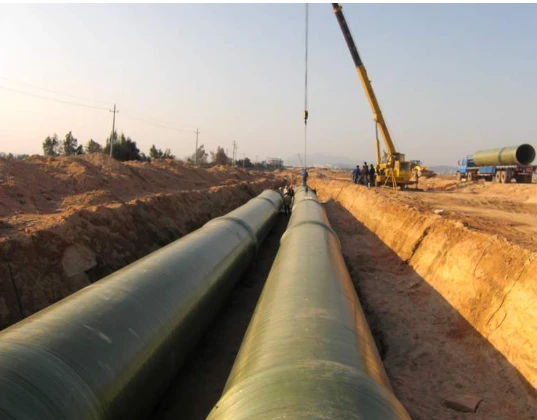Fiber Composite Water Storage Solutions for Modern Applications and Sustainability
The Innovation of Fiber Water Tanks
In recent years, the demand for effective and sustainable water storage solutions has surged, prompting innovations across various industries. One such innovation is the emergence of fiber water tanks. These tanks, made from advanced composite materials, are revolutionizing the way we store and manage water, especially in agricultural, industrial, and domestic applications.
Fiber water tanks are primarily constructed from fiberglass-reinforced plastic (FRP), which combines strength and lightweight properties. This makes them incredibly durable and resistant to corrosion, making them an excellent choice for long-term storage solutions. Unlike traditional metal or concrete tanks, fiber water tanks do not rust or degrade over time, ensuring that they can maintain their structural integrity under various environmental conditions.
One of the most significant advantages of fiber water tanks is their adaptability. They can be molded into various shapes and sizes to suit specific needs, from small residential systems to large-scale industrial storage solutions. This flexibility means that they can be easily integrated into different settings without the need for extensive modifications. Additionally, their lightweight nature simplifies transportation and installation, making them a favorable option in remote or challenging locations.
fiber water tank

Another crucial benefit of fiber water tanks is their efficiency in temperature regulation. The composite materials used in their construction provide excellent insulation, which helps maintain the temperature of the stored water. This feature is particularly important in agricultural settings, where water temperature can significantly affect crop irrigation and livestock management. By providing a stable temperature environment, fiber water tanks contribute to better resource management and increased yield.
Environmental sustainability is another facet where fiber water tanks shine. As the world grapples with climate change and water scarcity issues, these tanks offer a more sustainable alternative to traditional water storage options. Their longevity and resistance to environmental factors reduce the need for frequent replacements, thus minimizing waste. Furthermore, many manufacturers are now focusing on using recycled materials in the production of fiber water tanks, further enhancing their eco-friendliness.
In summary, fiber water tanks represent a significant advancement in water storage technology. With their durability, versatility, thermal efficiency, and environmentally friendly attributes, they are poised to play a crucial role in addressing the growing challenges of water management in an ever-changing world. As awareness of their benefits spreads, it is likely that fiber water tanks will become a preferred choice across various sectors, promoting sustainable practices and efficient resource use.
Latest news
-
Oblate Tanks: Space-Saving, Durable Liquid Storage SolutionsNewsAug.27,2025
-
High-Performance Piping System Solutions for Industry & Commercial UseNewsAug.26,2025
-
Precision Fittings: Durable & Reliable Industrial & Plumbing SolutionsNewsAug.25,2025
-
Practical Steps: Unlock Success with Our Proven GuidesNewsAug.24,2025
-
Transport Tanks: Safe, Durable & Efficient Liquid HaulingNewsAug.23,2025
-
High-Quality Piping Systems for Efficient Flow & DurabilityNewsAug.22,2025











